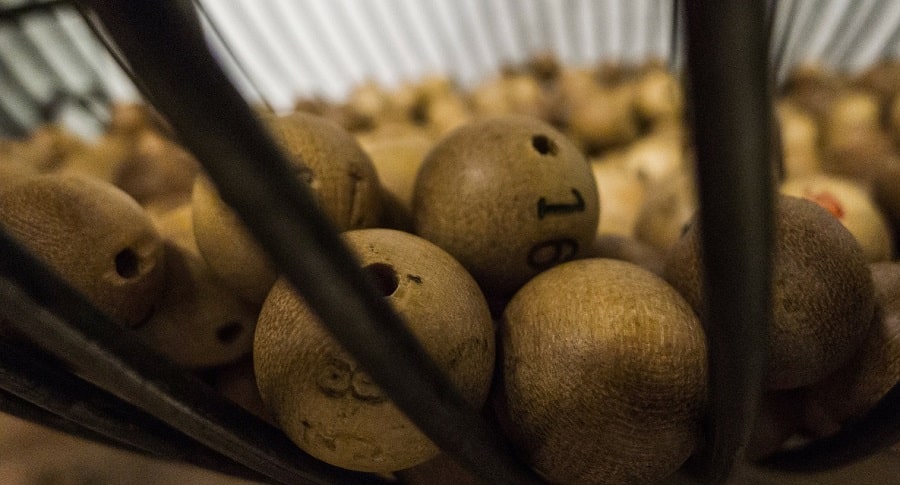
Lottery cheating
In 2015, Eddie Tipton was sentenced to 25 years in prison. He was a long time member of the security committee of the Interstate Lottery Association as a director of the organisation. The American was later reduced to ten years, and in 2020, Tipton was released on good behaviour.
His crime was not easily solved. Eddie created a fraudulent scheme that allowed him to withdraw about 16.5 million dollars from the lottery after winning the Hot Lotto. In addition to Tipton, his family and friends participated in the lottery. But fortunately for the lottery management, they immediately questioned the authenticity of the winnings and decided to launch an investigation.
The gist of the case
The scheme was ingenious and very simple. In 2010, one of the most popular lotteries in the United States, the Hot Lotto, had found a winner. But it took a long time to find him. Months passed, and the winning participant never showed himself. A year later, the firm received a call from a lawyer who said he had won the lottery. However, when asked what he looked like when he bought the ticket, the lawyer was confused and could not answer.
Anonymity for winning more than $600 in the lottery is strictly prohibited under Iowa law. Several more times the lawyer tried to get the winnings by mail, but nothing worked. An entire panel of investigators took up the case and were fortunate enough to find the real owner of the lucky ticket, Eddie Tipton.
Tipton, at the time, was supplying computer machines that randomly collected winning combinations. Quite expectedly, the professional set up the software in such a way that the numbers he needed fell out. And so he did, but such a fraudulent scheme was uncovered after four years of investigation.

Sentence revision
Tipton was convicted on two counts at once. He confessed to the crime and cooperated with the investigation in every way, and the winnings were not a single one – he also took the jackpot several times in other states. He wrote his own code for the machines, through which he got the winning combinations. He shared the information with his friends, who bought tickets. In this way, they made money, raising several million dollars each from various lotteries.
Eddie later began to protest, saying he was innocent and confessed to the crimes under duress, and the state of Iowa had no legal right to try him for crimes in other states. The board decided to grant parole to the American, who had not served half of his time in prison.
The prosecutor would later say the following:
“I am not surprised by the council’s decision. In my case, most of the sentences are hollow and do not get their proper treatment of the crimes. I did everything I could to get all three to confess to what they had done. There was pressure, but they disclosed their fraudulent schemes from the get-go, so the first conviction was absolutely justified.”
According to him, Tipton remains guilty of the crime. No matter where he committed the crimes, he was breaking the law and should have received the punishment he deserved. The prosecutor said he was satisfied with his work and the struggle to review the case was the lack of agreement between the quizzing leadership and the state senate.
